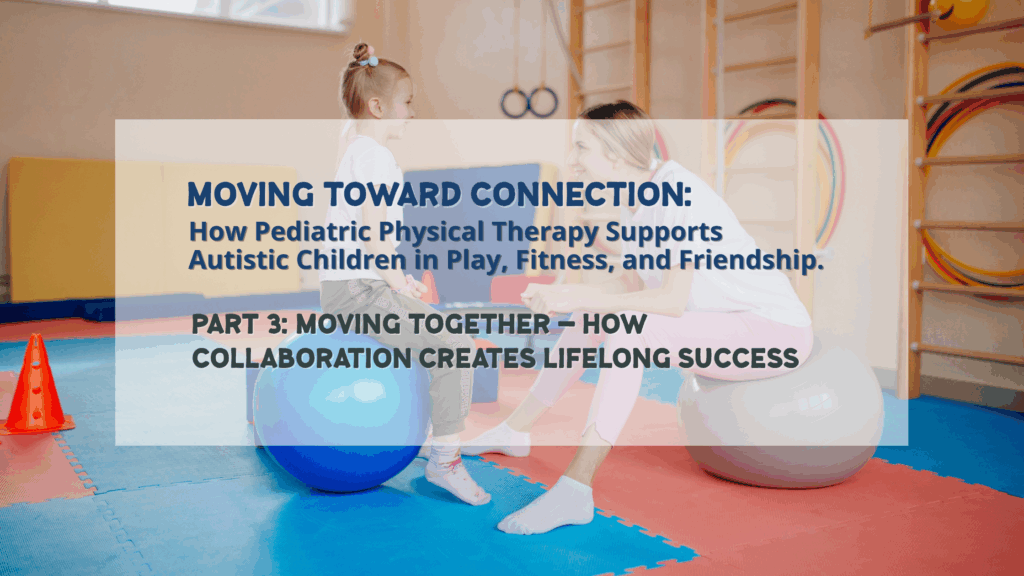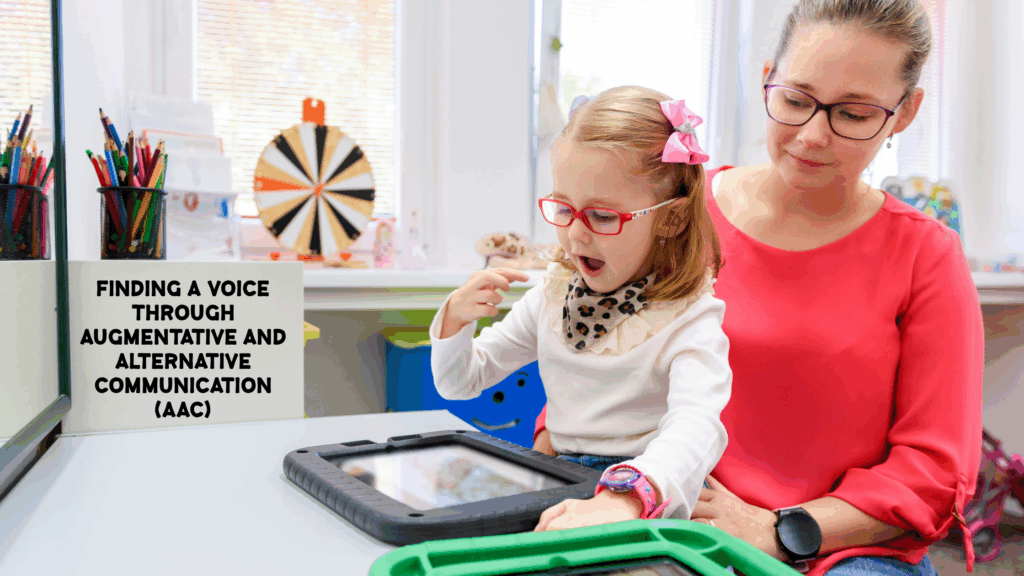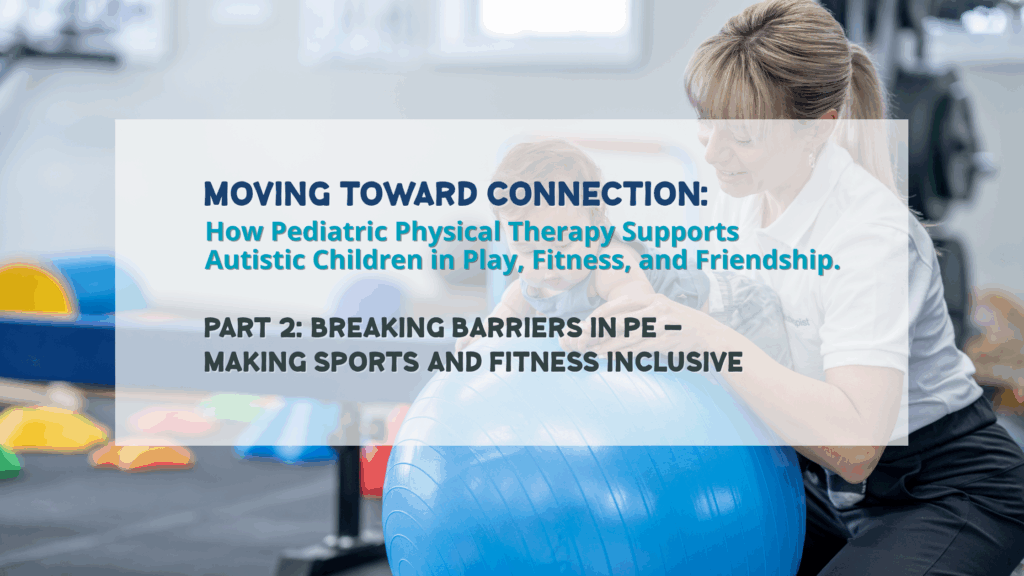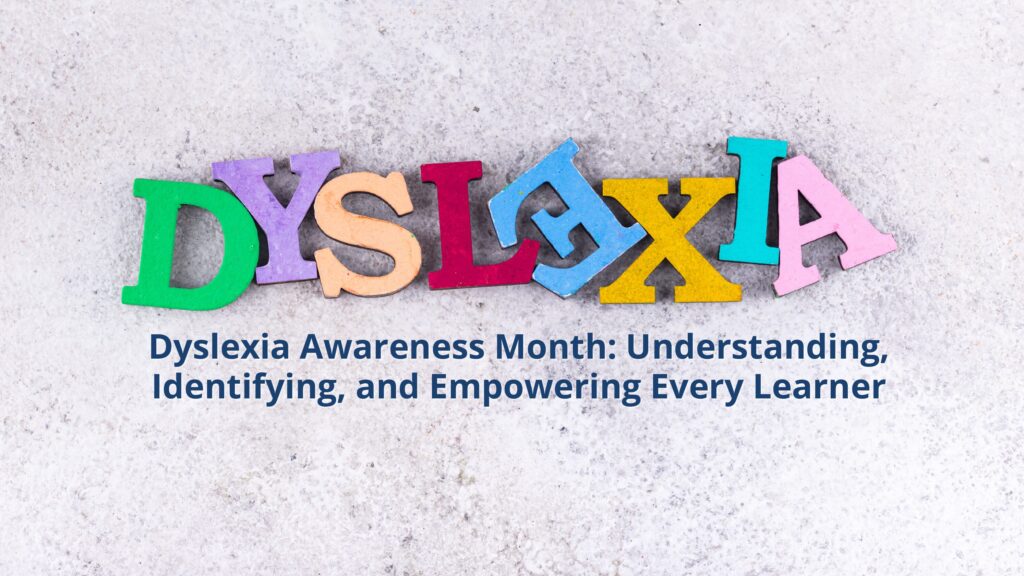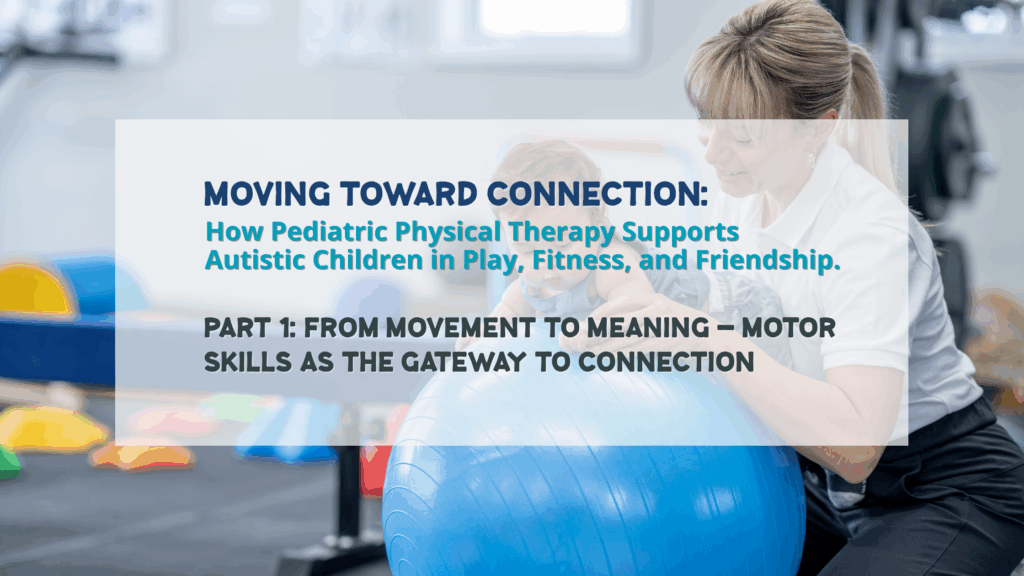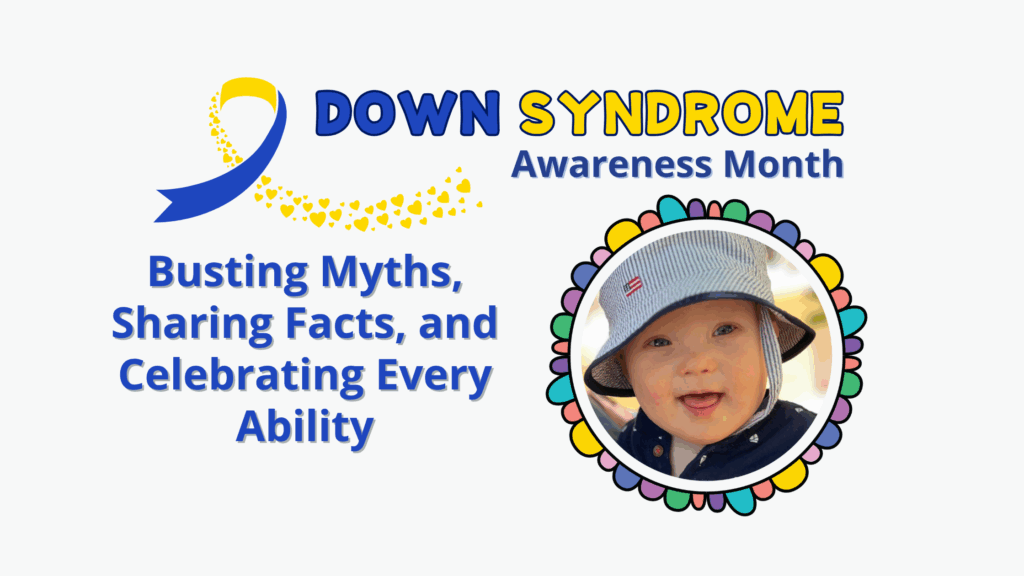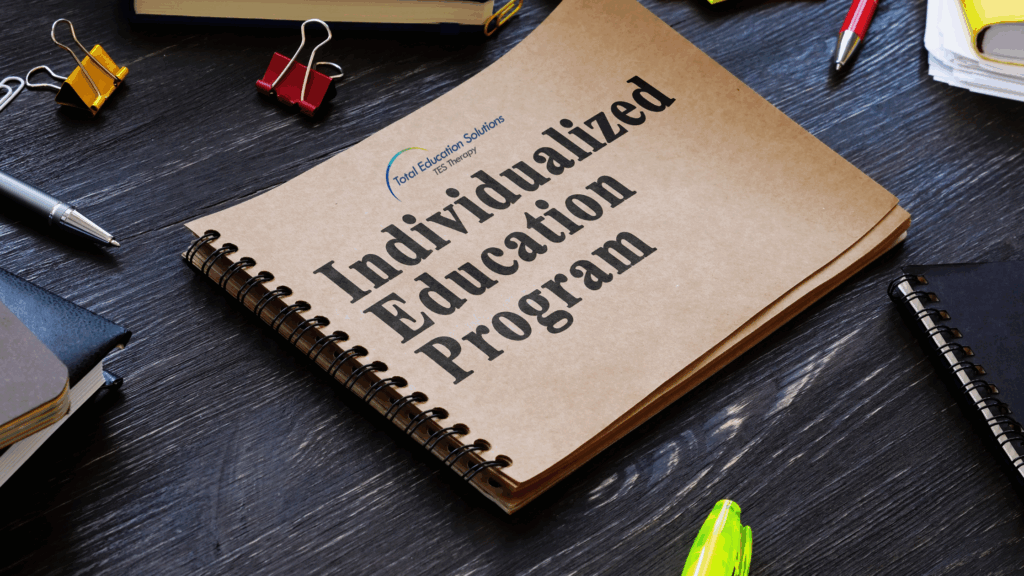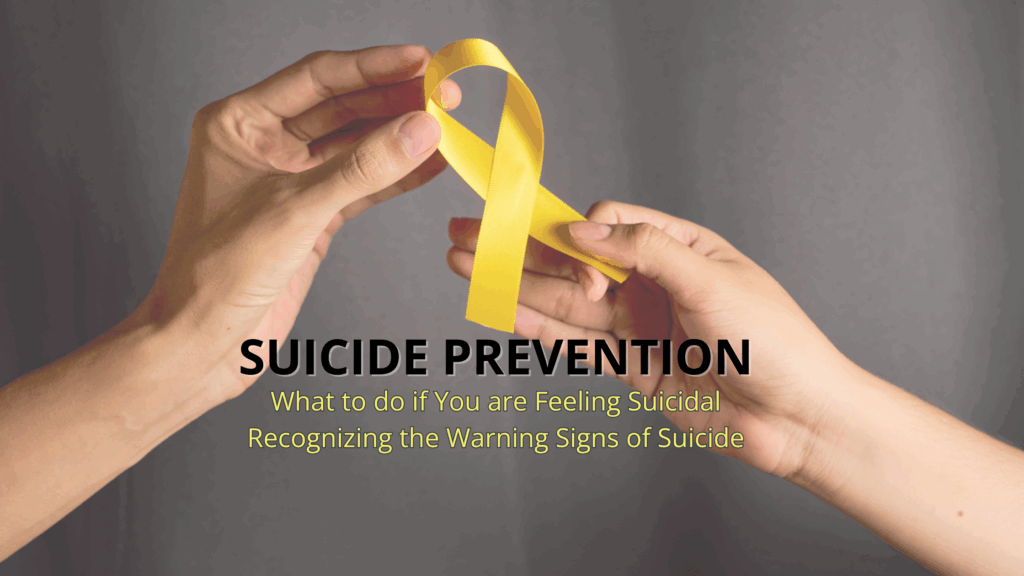Is your child struggling in school? Has your school recommended that your child be “tested” and don’t know what that means? Today kicks off National School Psychology Week and we have gathered some answers to your questions from our team of highly qualified and, if we can brag, AMAZING School Psychologists.
This year’s theme for National School Psychology Week is “The Power of Possibility.” The National Association of School Psychologists (NASPonline.org) notes that to them, the word “possibility” implies hope, growth, resilience, and renewal. In this time of 2020, we have all felt the calling to see what truly is possible and our students are feeling that as well.
We invite you to take time this week to learn more about this great discipline and all that Counseling and School Psychology can offer for you and your student. Maybe you or someone you know will even want to learn more about becoming a Licensed or certified School Psychologist or Counselor. Read on to learn more.
What is School Psychology?
School Psychologists receive specialized graduate-level preparation relevant to both psychology and education. They are members of school teams that provide direct support and intervention to students and consult with school staff to improve support strategies, assist in behavior management, and monitor student progress/needs. School psychologists conduct psycho-educational assessments and make recommendations related to individualized instruction and interventions.
What is School Counseling?
School Counseling is a vital part of any school program. Counselors support academic achievement, personal/social development, career development, college planning, provide mental health support and counseling services, and liaison with community partners to provide outside agency referrals. Counselors assist students in developing coping skills and navigate significant life events.
What are the qualifications required to be a School Psychologist?
School psychologists hold at minimum a master’s degree in Educational Psychology or a related field and they must be credentialed by the state in which they work. They also may be nationally certified by the National School Psychology Certification Board (NCSP). Graduate preparation develops knowledge and skills in data collection and analysis, assessment, progress monitoring, academic/learning interventions, mental health interventions, behavioral interventions, special education services, crisis response, and more.
What makes a person qualified to help kids with Counseling?
School Counselors hold at minimum a master’s degree in School Counseling and meet the state certification/licensure requirements. Graduate preparation develops knowledge and skills in child development, self-management, social skills, mental health assessment and intervention, progress monitoring, career and college planning, student academic planning and goal setting, consultation, collaboration, and referrals for intensive or long-term support.
What are the benefits of School-Based Psychological Services?
Students and families benefit from school-based psychology services in multiple ways. School psychologists provide direct support and interventions to students, consult with teachers, families, and other school-employed mental health professionals (i.e., school counselors, school social workers) to improve support strategies, work with school administrators to improve school-wide practices and policies, and collaborate with community providers to coordinate needed services. School psychologists improve academic achievement, promote positive behavior and mental health, as well as communication and social skills, support diverse learners in and out of the classroom, strengthen family-school partnerships and improve school-wide monitoring of individual student progress. School psychologists advocate for and support the needs of all students.
What are the benefits of School-Based Counseling Services?
Students and families benefit from school-based counseling services in multiple ways. School counselors provide a safe place for students to self-manage and learn skills to self-manage times of transition, heightened stress, critical changes, significant life events, or other situations impeding student success at school. School counselors do not provide long term therapy; however, school counselors recognize and respond to student mental health and academic achievement needs and assist students and families in seeking out resources.
Our Experts are Qualified in:
TES School Psychologists:
- Conduct psychoeducational evaluations for the purpose of making eligibility recommendations for special education programs and services
- Assist in the development and implementation of academic intervention programs
- Conduct Functional Behavior Assessments and Independent Educational Evaluations as needed
- Consult with school personnel, parents, and other stakeholders
- Prepare valid and comprehensive written reports of findings to present at IEP meetings
- Maintain confidentiality and comply with HIPAA and FERPA regulations
- Provide support and training to schools on a variety of topics, such as threat assessments, behavior intervention, manifestation determination, and crisis intervention
- Maintain abreast of developments in the field by participating in mandatory team meetings, conferences, and workshops
- Develop and maintain relationships with school staff and liaison between agencies
- Maintain accurate service logs and notes on student progress
TES School Counselors:
- Provide individual and group counseling to students in need of additional social-emotional support or academic support strategy development
- Work primarily with students whose Individual Education Plans include counseling, but may also assist general education students as needed
- Communicate on-going student progress to parents/guardians, general education teachers, school administration, district personnel, and other service professionals via progress reporting and Individual Education Plans
- Are responsible for maintaining on-going compliance in accordance with IDEA (Individuals with Disabilities Education Act)
- Provide parent education or trainings, as well as staff professional development.
- May be responsible for providing school-wide crisis prevention and intervention, safety plans or other campus-wide support
Questions and Answers on School Psychology:
What do I do if my child is not meeting expectations in their classes?
If you or your child’s teacher has concerns regarding your child’s academic progress or emotional well being then you can request a student study/success team meeting to include the school psychologist and/or school counselor. This meeting will review your child’s current academic performance, attendance, strengths and areas of need, and as a team set goals and put support in place to help. The school team may also be able to help with contacting community partners and outside agencies to support your child outside of the school setting.
How do School Psychologists know if my child has a disability?
School psychologists identify students for special education based on each state’s eligibility criteria. In California, there are 13 conditions known as eligibility areas that can be considered as part of a psychoeducational assessment. After consent is provided by the parent to assess, a School Psychologist will conduct a full psycho-educational assessment to determine current areas of strength, need, conduct a complete records review, interview parents and teachers as well as administer formalize tests to better understand how the child processes information. The School Psychologist will reference the eligibility criteria to make a recommendation on if the child is eligible for special education. This recommendation will be discussed at a team IEP meeting, which should include the parent and all assessors who met the child throughout the testing sessions.
How often should my child see the School Counselor?
The frequency and duration of school counseling services are determined by your child’s IEP team and should be discussed at a team meeting to determine what will support the child most.
Please contact us for more information on School Psychology & Counseling, any of our other educational services or for advice on when to seek counseling for your child.

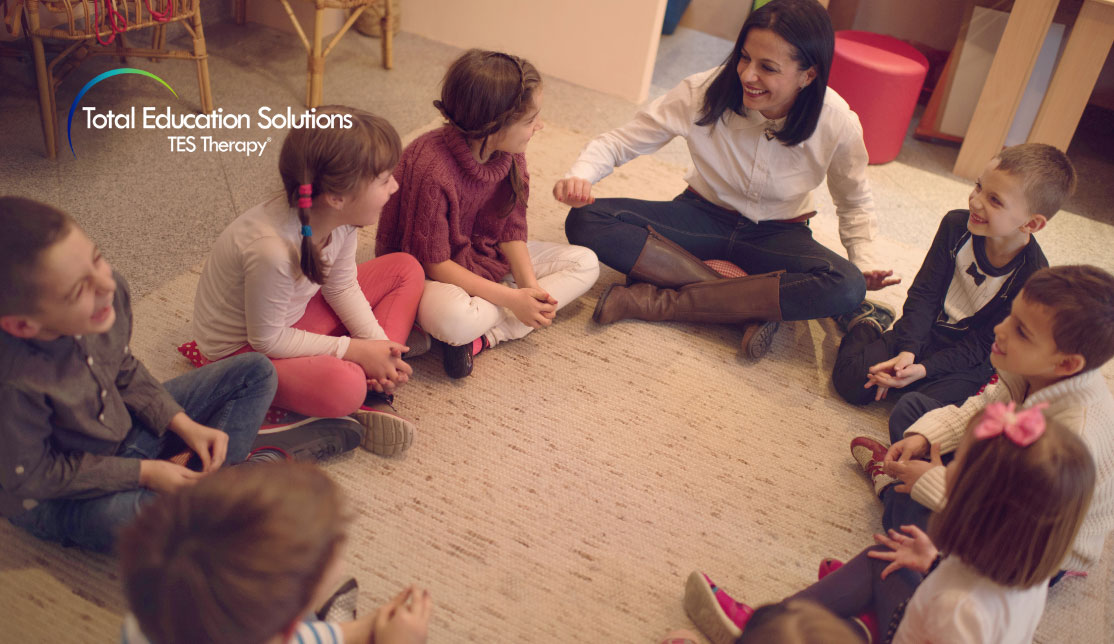
 09 Nov 2020
09 Nov 2020 